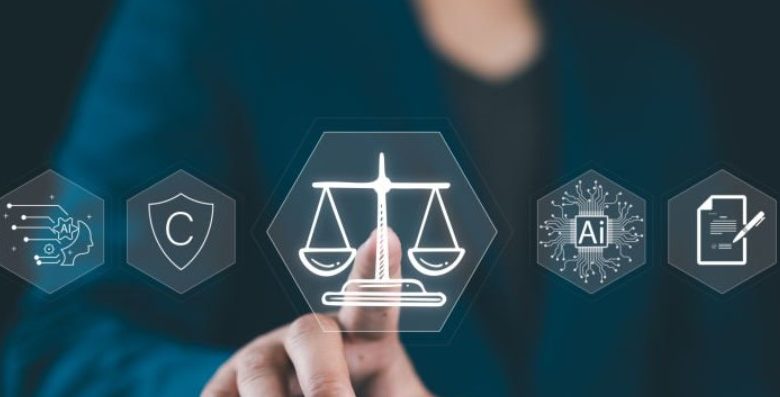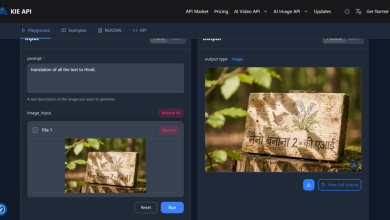
Artificial intelligence has rapidly become a fixture in legal departments, offering speed and scale in research, drafting, and compliance review that would have been unthinkable only a few years ago. Ask an AI platform to summarise a new executive order on import tariffs, and it can instantly produce a well-structured analysis with citations, an outline of compliance obligations, and even a preliminary implementation plan. For in-house counsel working under time pressure, that capability can be transformative.
Yet speed is not the same as strategy. A recent internal tariff compliance review at a multinational electronics company underscored this gap. The AI captured the core legal requirements accurately, drawing from official government releases and up-to-date legal commentary. However, it had no awareness of the company’s supply chain vulnerabilities, no understanding of the delicate relationship between Finance, Operations, and Sales, and no sense of how proposed changes might play out in practice. The result was a technically correct but culturally tone-deaf compliance plan.
This is where the skills of in-house counsel remain irreplaceable. AI can parse statutes – it cannot persuade a sceptical sales executive to change long-standing procurement habits or anticipate how operational bottlenecks might derail compliance. The value of in-house legal teams lies in a blend of competencies that go far beyond black-letter law:
Trust. AI’s outputs still require validation. In a world of hallucinated case law and fabricated citations, the company relies on legal advice that carries the counsel’s personal verification and professional reputation. Trust is non-negotiable.
Organisational fluency. Legal advice must fit the organisation’s operating reality. Understanding decision-makers, potential blockers, and the informal ways in which initiatives gain or lose momentum is essential. AI cannot map these internal dynamics.
Soft influence and leadership. In-house counsel often lack direct control over business decisions, relying instead on relationships, timing, and persuasion to lead organizations to desired outcomes. These soft skills cannot be automated or delegated to AI.
Strategic judgment. Legal compliance is only part of the equation. Knowing when to assume risk, when to push back, and how to align legal advice with broader business objectives demands human judgment.
Crisis navigation. When a situation escalates, AI cannot manage the political and reputational stakes in real time. Crisis management demands presence, credibility, and accountability.
In the tariff compliance case, the AI’s analysis became truly valuable only after being reworked by the legal team. They adjusted the recommendations to account for contractual realities, anticipated resistance points, and coordinated messaging with commercial teams to avoid market confusion. The final plan met the law’s requirements and the business’s operational needs.
The Association of Corporate Counsel (ACC), representing more than 45,000 in-house lawyers worldwide, has recognised both the promise and the limits of AI in corporate legal practice. Through resources like the Artificial Intelligence Toolkit for In-house Lawyers, the ACC equips its members to integrate AI tools effectively while safeguarding the human skills that remain central to the profession. AI may be able to read the law, but it is the in-house counsel who must read the room.




